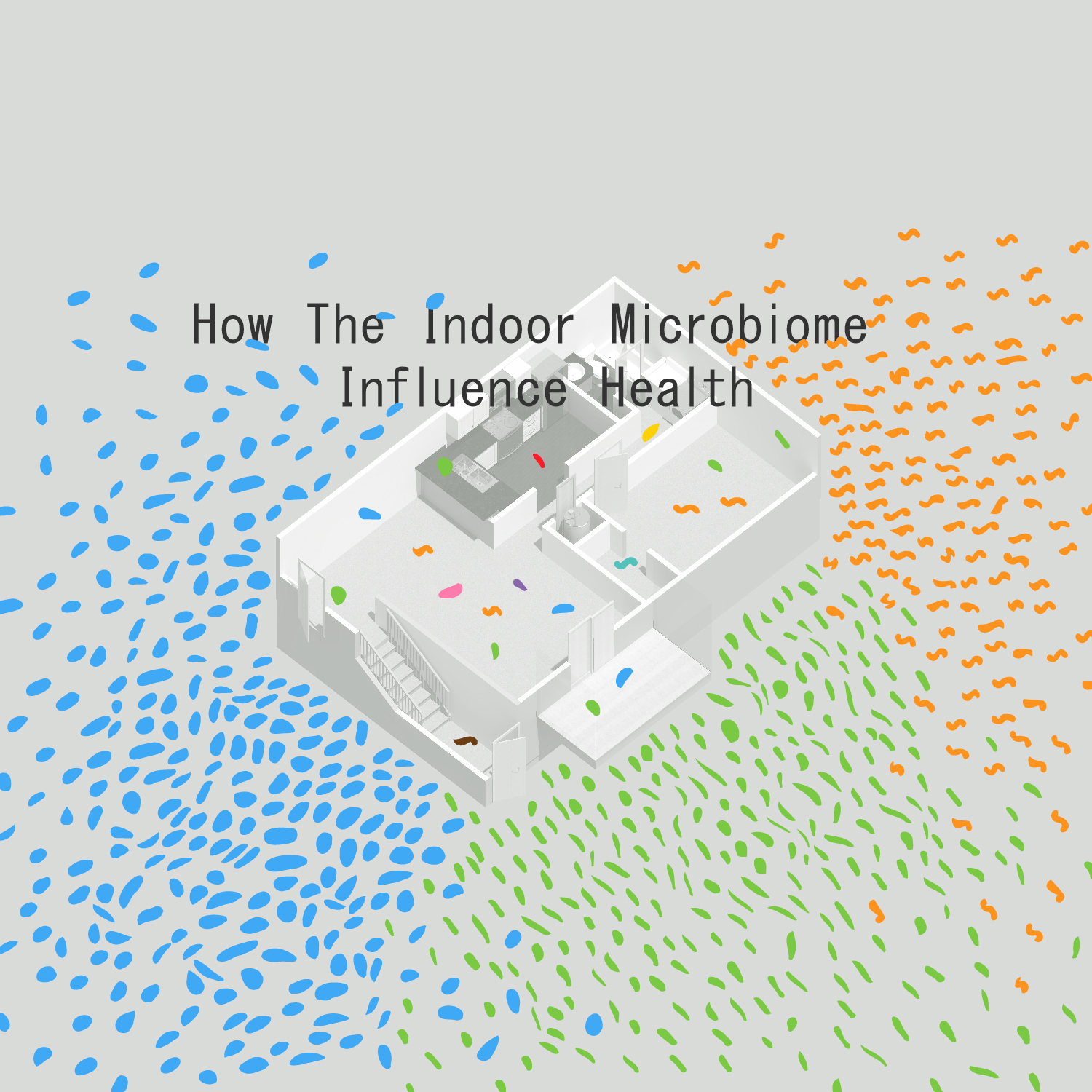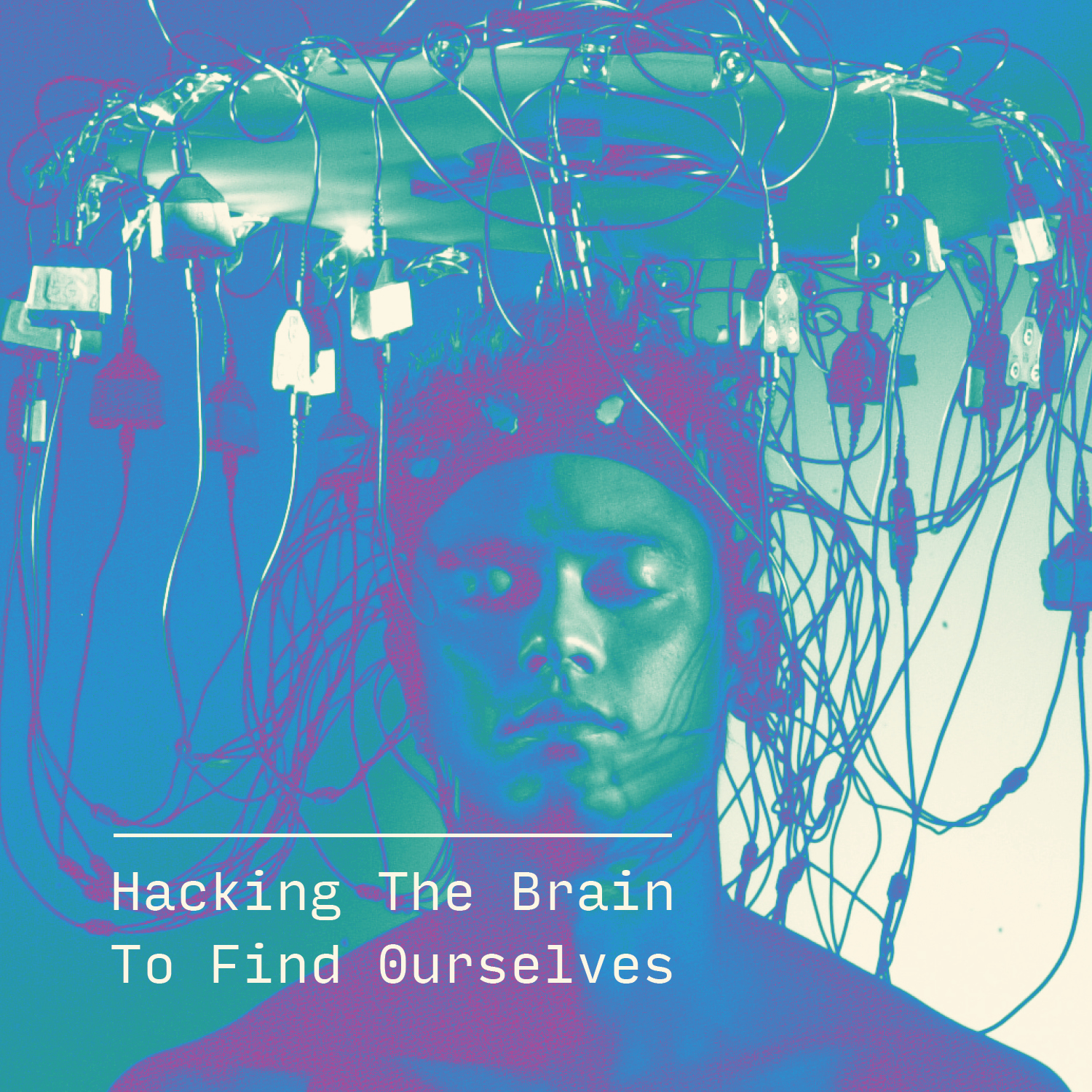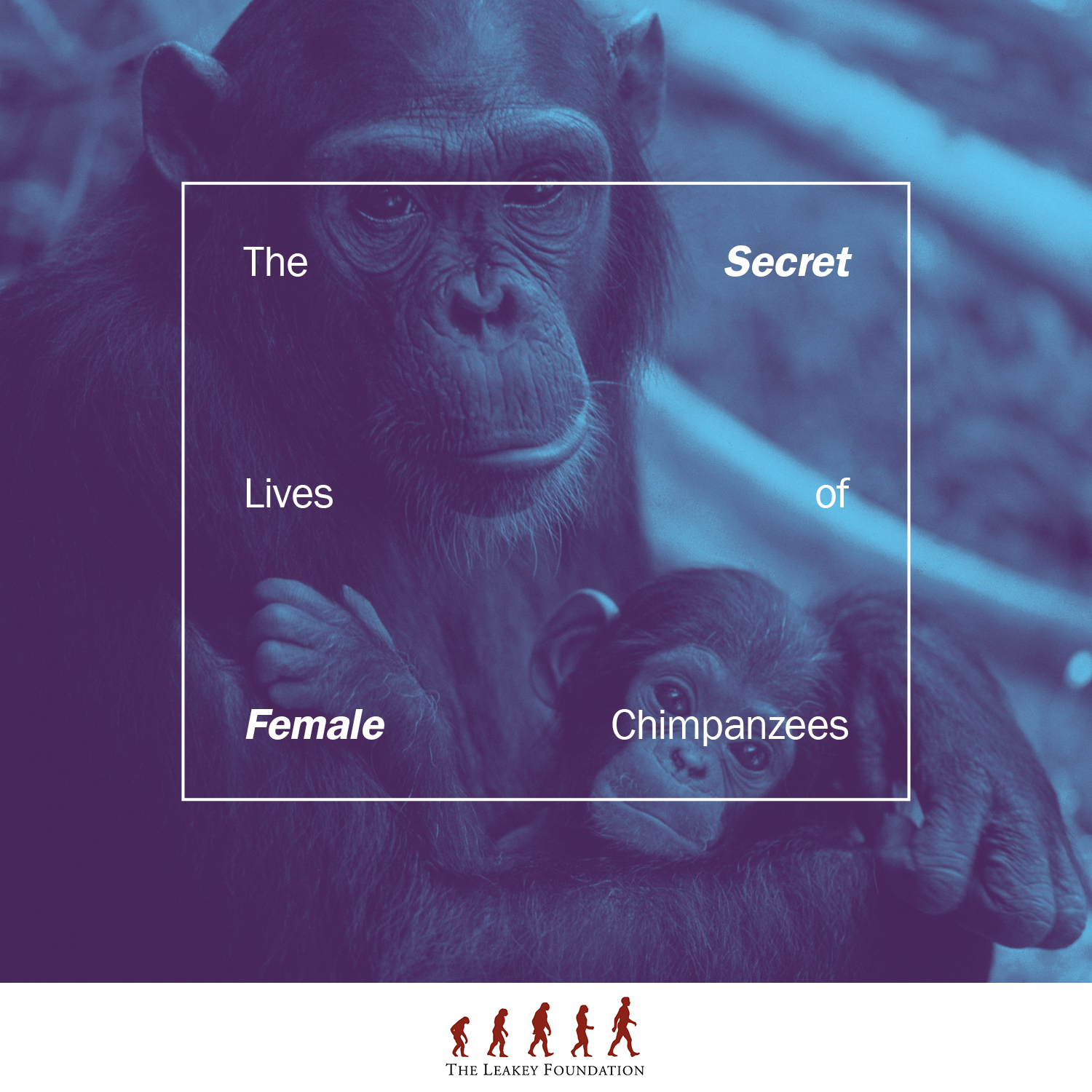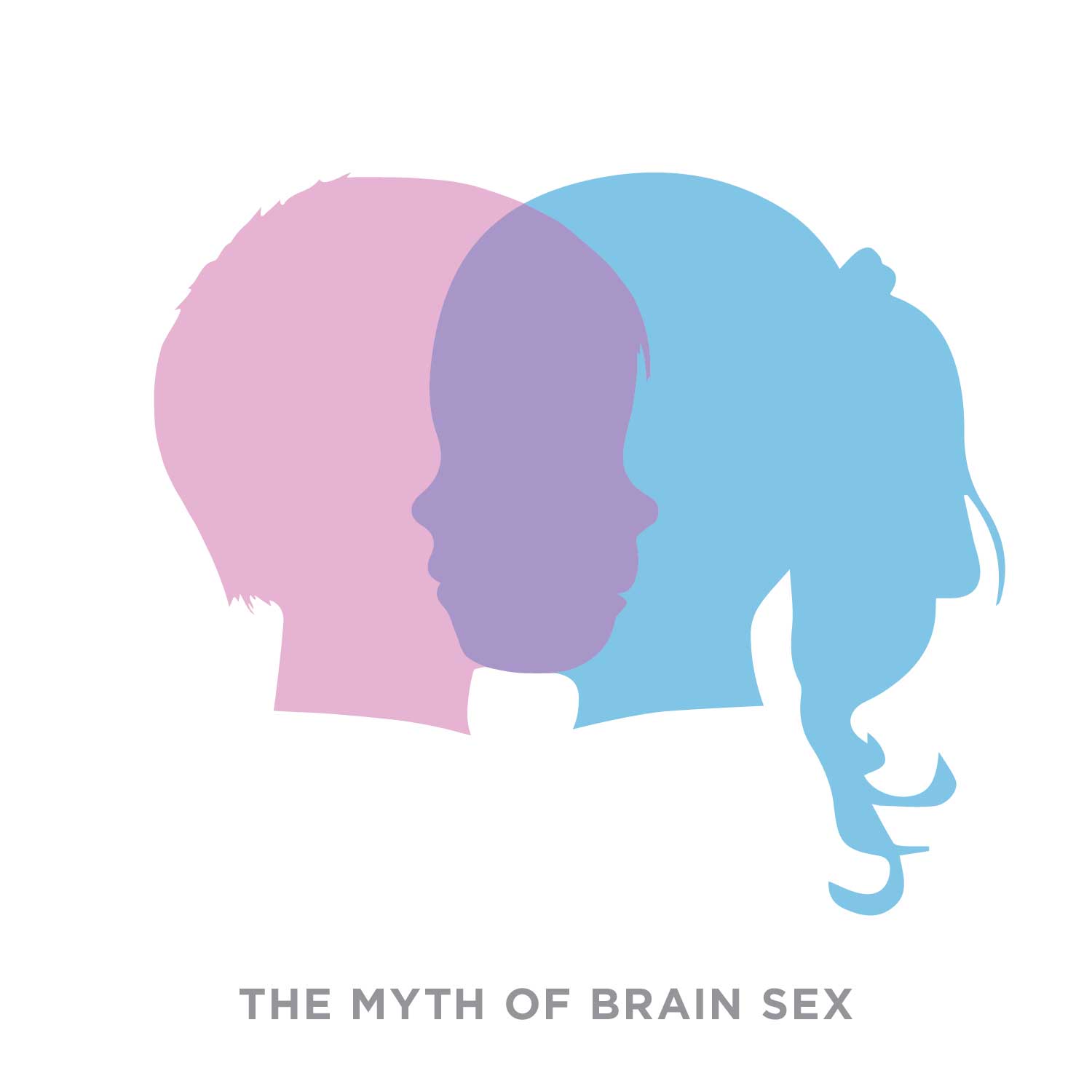
The human race, like all macrobiological life, evolved in a sea of microbes. There was no way to keep the bacterial and archaeal hoards at bay, so instead life evolved mechanisms to live with these invaders. The immune system was refined over millions of years to control our interaction with the microbial world, and even to use it as a mechanism of defense, food processing, and vitamin production. Continue reading “How the Indoor Microbiome Influence Health”

The brain is what allows us to function, yet we understand little about how it works.
Using electrodes implanted inside people’s brains during surgery we can learn how thinking, deciding, feeling and dreaming works. In this talk, you will learn about the current neuroscience research about the way our neurons code our behavior, and how understanding this can help us grasp the nature of free will and our identity kernels. Continue reading “Hacking the Brain to Find Ourselves”

Female apes are easily overshadowed by their larger, more boisterous male counterparts. Thus, the nature of female social relationships has been shrouded in mystery. The subtlety of social behavior in female chimpanzees belies a complex set of strategies that allow them to navigate the costs and benefits of group life.
Continue reading “The Secret Lives of Female Chimpanzees”

In the past decade, we’ve heard a lot about the innate differences between males and females. So we’ve come to accept that boys can’t focus in a classroom and girls are obsessed with relationships: “That’s just the way they’re built.” Continue reading “The Myth of Brain Sex”

The Association for Women in Science (AWIS) is pleased to host a national dialogue on gender at the nexus of innovation and entrepreneurship with emphasis on the health and medical sciences sector. Building on the momentum generated from two previous Summits, the AWIS National Summit will center on how we, as a society, can fuel innovative solutions to global challenges facing all our citizens. Continue reading “A Roadmap For Inclusion”





